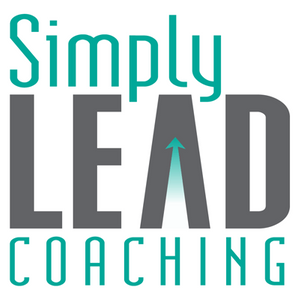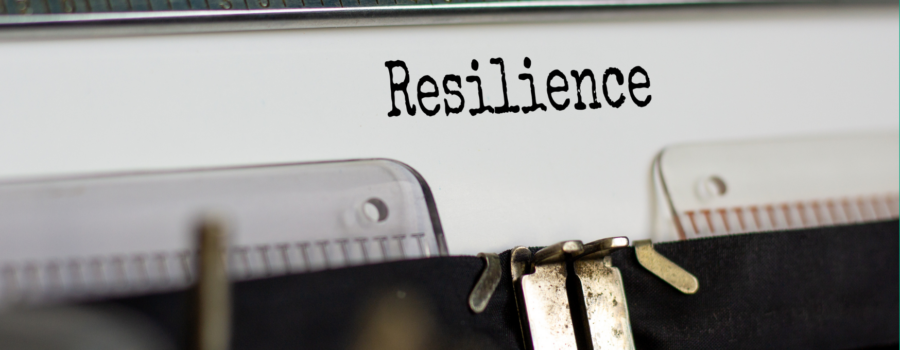Resilience can sometimes be a hard concept to embody. It has been for me. I’d always thought of myself as the least resilient of anyone I knew. But then a friend disabused me of that idea. We’ve known each other 40+ years now and in the midst of some devastating news, she called me the “Bounce Back Woman” and reminded me of how many times I’d done so in the past.
My story of resilience, or how I think of it, began in 1996 when I was diagnosed with breast cancer. I’d gone 7 months with the lump aggressively growing and a doctor who discounted it. By the time it was removed, it was the size of a lemon, and I was in stage 3 of breast cancer. How did I bounce back from that? Mentally, emotionally, physically? What did I do?
Psychologists define resilience as the process of adapting well in the face of adversity, trauma, tragedy, threats, or significant sources of stress—such as family and relationship problems, serious health problems, or workplace and financial stressors. Resilience isn’t the absence of difficulty or stress – It is going through, not around stressors.
There are different kinds of resilience.
- Emotional resilience, in which a person can tap into realistic optimism even when dealing with a crisis.
- Physical resilience refers to the body’s ability to adapt to challenges and recover quickly.
- Community resilience refers to the ability of groups of people to respond to and recover from adverse situations, such as natural disasters, acts of violence, or economic hardship.
The importance of resilience in life cannot be underestimated, particularly at work, given that we spend one-third of our day at work. Having the capacity to deal with ongoing stress at work and in life overall, to adapt efficiently to change, to cope with the threat of job loss, and to handle the pressure of deadlines is important not only for succeeding at work but also contributes to our overall health and wellbeing. What could we, should we be doing to better cope with stress?
There’s a cost to not having resilience, and we’ve seen it, are seeing it. Today, more than 65% of US employees view their jobs as the number one stressor in their lives. Workplaces are embedded with stress. Furthermore, workplace stress is correlated with high levels of depression and anxiety, and burnout.
So, breast cancer returned. And the 2nd time around was a lot scarier than the first time. And I didn’t bounce back the way I had the first time. Fear, anxiety, and depression came to live with me and left me just about a zombie. But here’s what I came to learn, resilience is not about trying to carry on regardless of how we feel, and it’s not about being superhuman! Instead, it’s about understanding why we feel the way we do, and then developing strategies that will help us to deal with situations more effectively.
There are many things that you cannot control, but there are many aspects of your life you can control, modify, and grow with. And that’s where resilience comes in. I HAD TO LEARN TO PRACTICE RESILIENCE!
Resiliency can’t be taught, but it can be learned. Your mind and habits will create either barriers or bridges to a better future. The struggle to bounce back and recover from setbacks can lead to developing strengths and abilities you didn’t know were possible.
This is what I learned through adversity:
- Try to find meaning in adversity. Every pain contains a lesson. Find one that fits for you and align with it.
- Build a community of support.
- Be hopeful. And embrace healthy thinking. This is a choice you make, same a choosing hopelessness. Don’t allow yourself to be defined by temporary emotions. Hold onto hope.
- Focus on gratitude. Keep a gratitude journal and write down one thing you are genuinely grateful for each day.
- Laugh more.
- Find ways to recharge – properly.
- Anticipate and accept change. Change is tough, but it’s a part of life. If you want to cope effectively, you’ll need to build up these traits.
- Never give up
You see becoming more resilient not only helps you get through difficult circumstances, it also empowers you to grow and even improve your life along the way.

